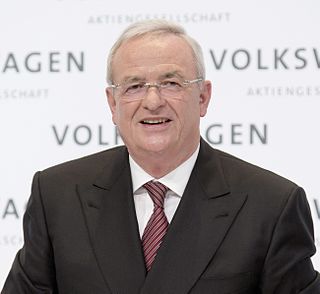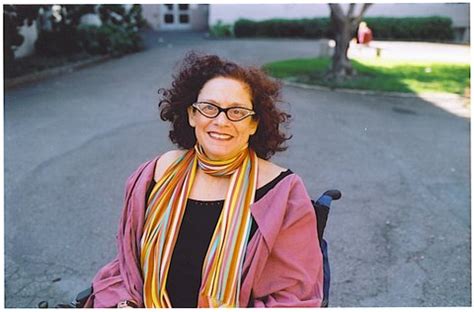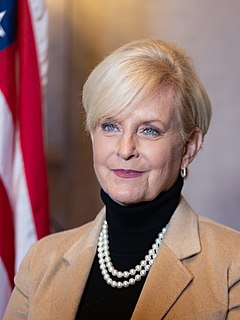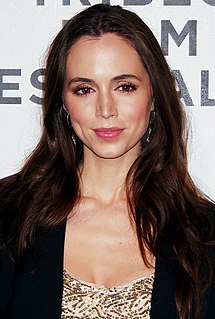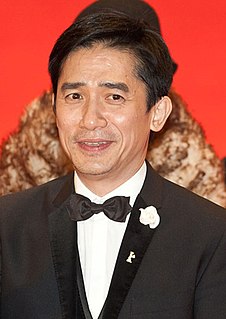A Quote by Marianne Williamson
I was very much a child of the 1960s. I protested the Vietnam War and grew up in a fairly politicized home. My father was like a cross between William Kunstler and Zorba the Greek. I grew up among left-wing lawyers.
Related Quotes
Pretty much all comic-book people, like all Hollywood people, for the most part, are pretty liberal. I think especially UK writers. Alan Moore is probably the most radical guy you'll ever meet. I grew up loving those guys, so my heroes, as a kid, were radical cartoonists, essentially. I couldn't help but - I grew up in a left-wing household. But I do think it's fun, writing right-wing characters. I've found it interesting, just as a writer, to get inside their heads and make them likeable.
I was born in Iran, left at a very young age-less than a year old-and grew up and was educated in the West. I grew up thinking of myself as an American but also, because of my parents and the Iranian culture that was in our home, as an Iranian. So if there's any such thing as dual loyalty, then I have it-at least culturally.
In effect, I grew up in a sort of timewarp, a place where times are scrambled up. There are elements of my childhood that look to me now, in memory more like the 1940s or the 1950s than the 1960s. Jack [Womack] says that that made us science fiction writers, because we grew up experiencing a kind of time travel.
I mean, I've always felt like a lot of people's misconceptions of me have to do with how I grew up. I grew up poor, and I grew up rich. I think some people who have never met me have a misconception that when I was living with my father when he was successful, that I was somehow adversely affected by his success or the money he had and was making at the time.

